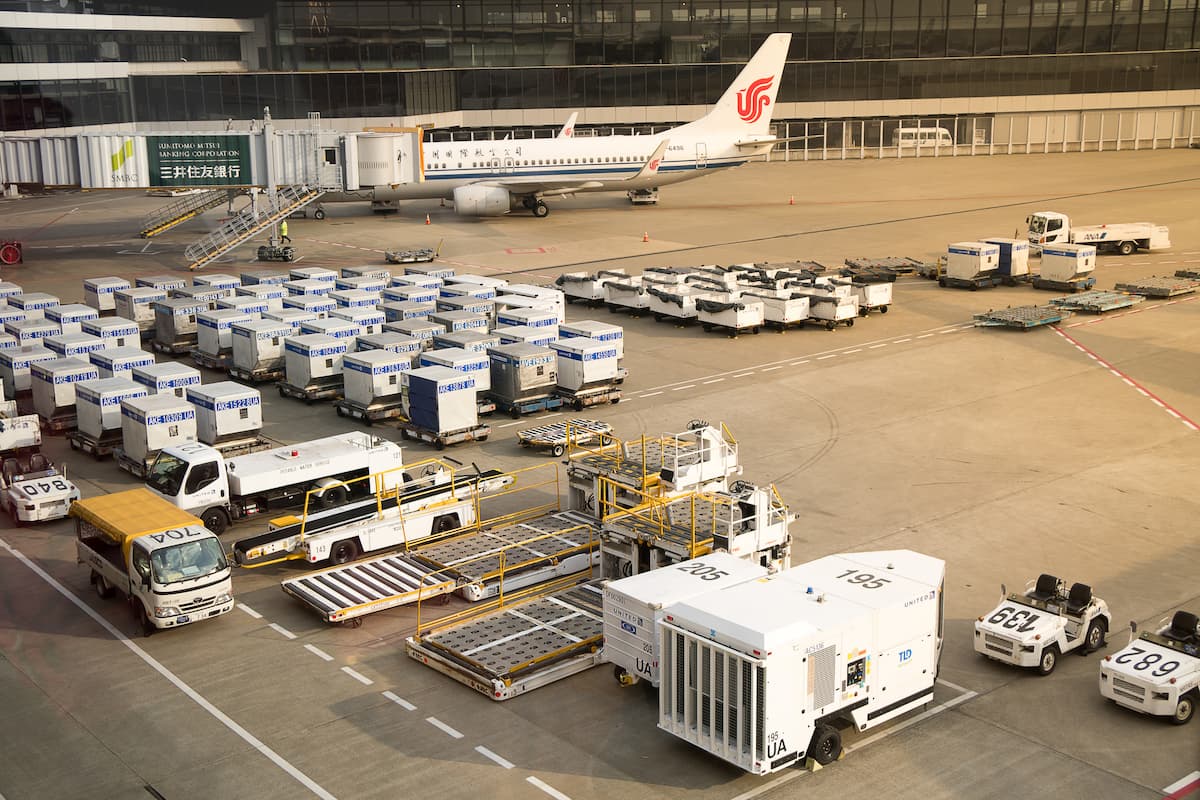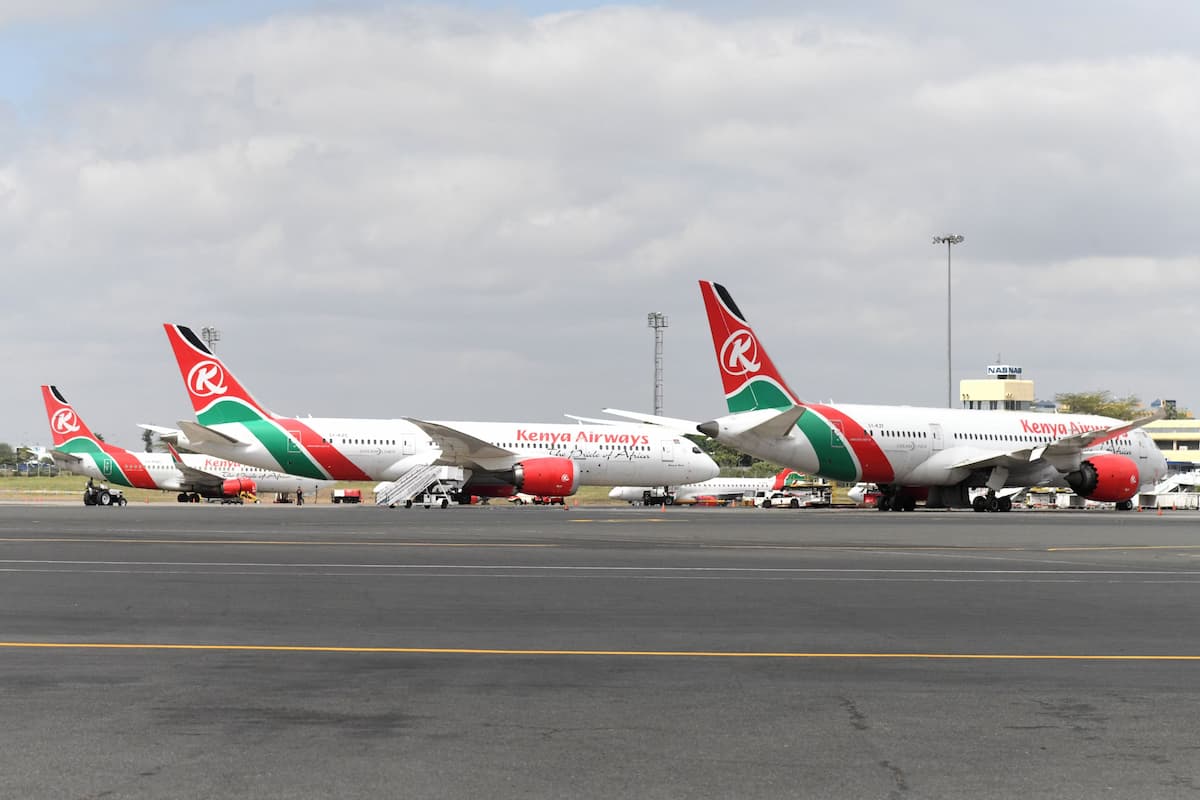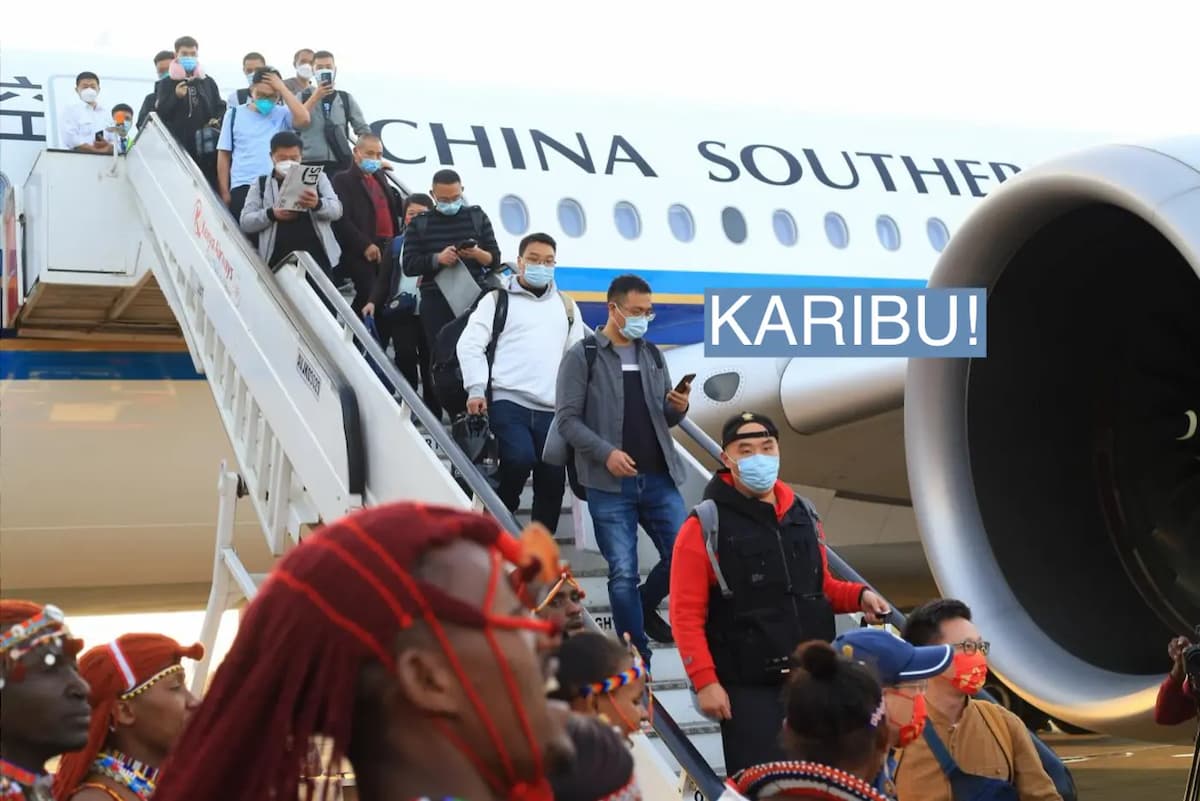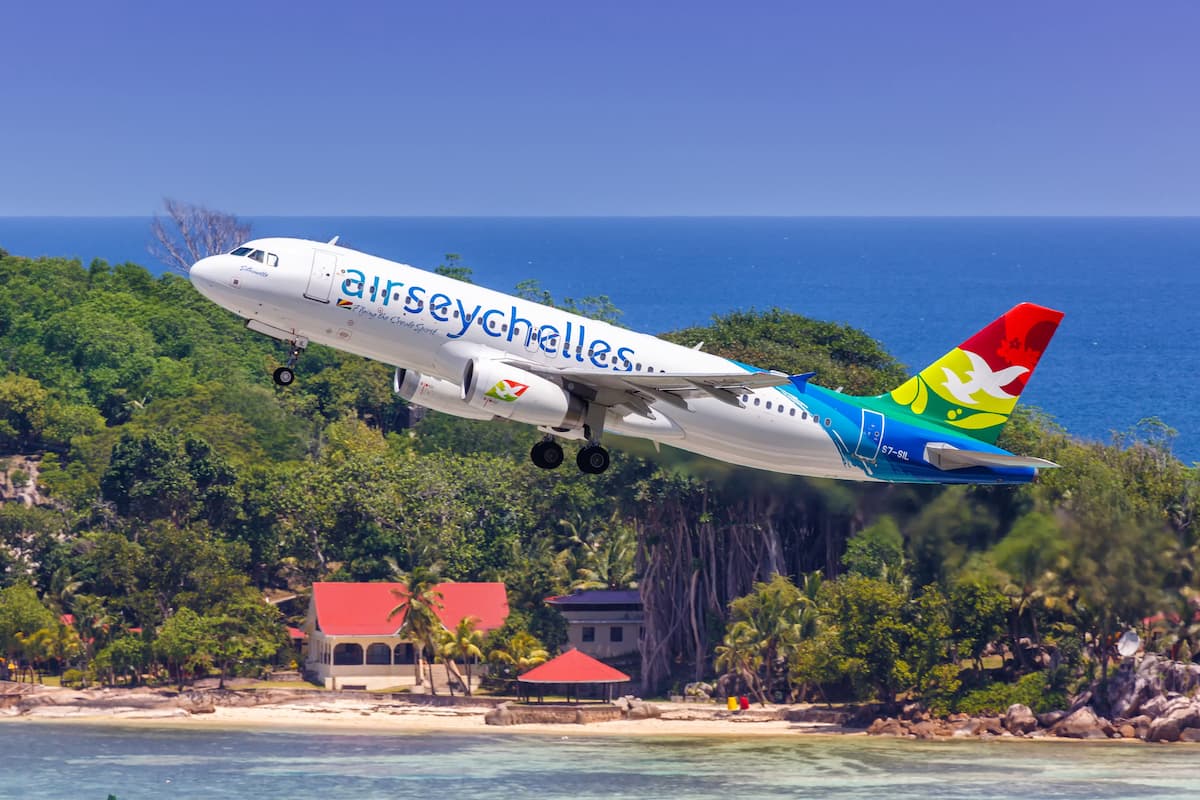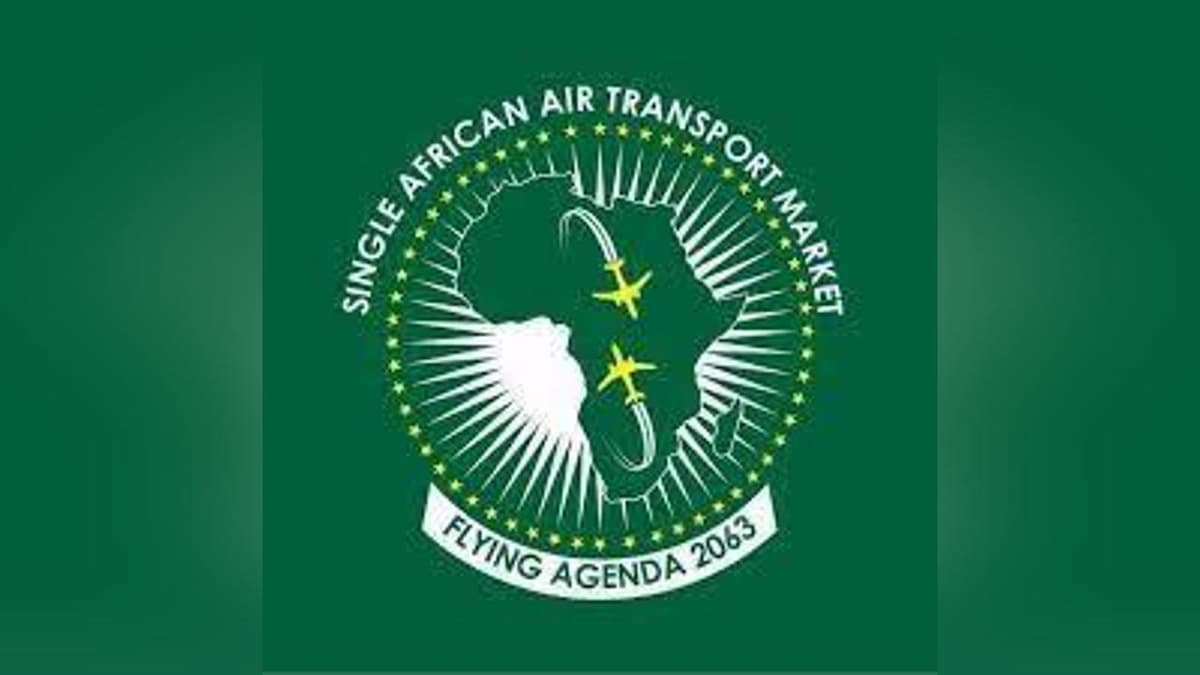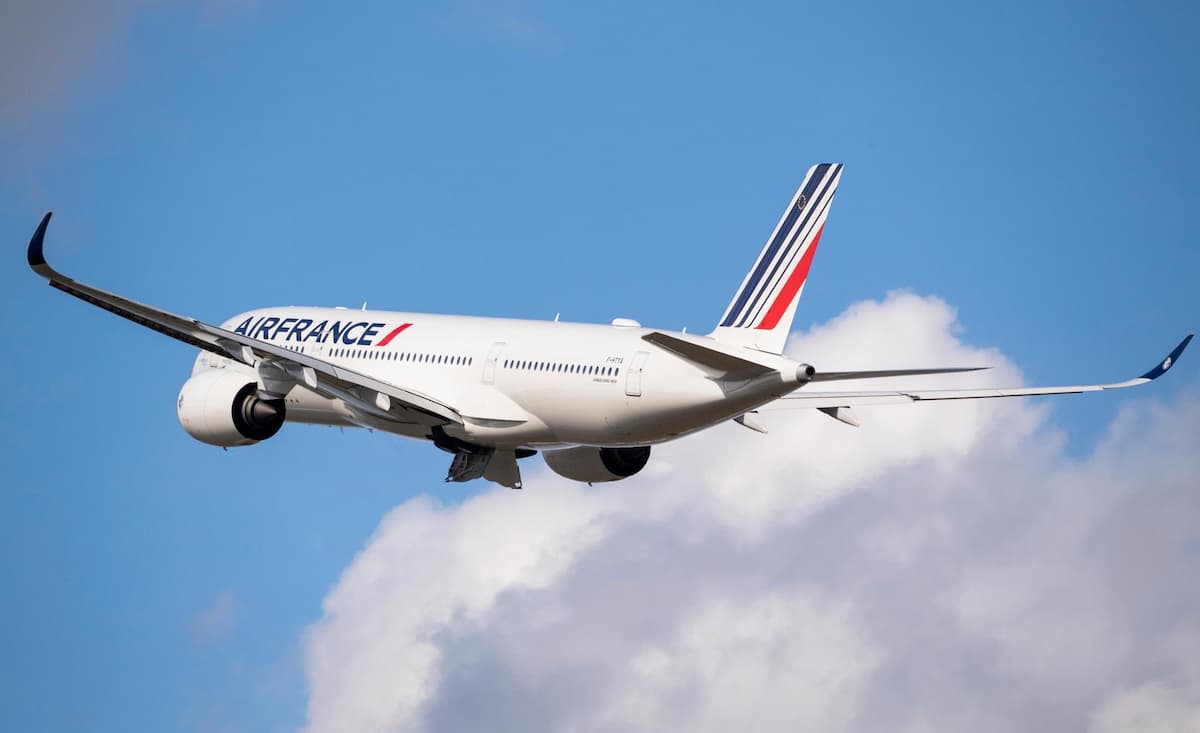As travel demand continues to rise post-pandemic, the role of travel advisors is evolving due to emerging technological innovations and shifting traveler expectations. Voyagu’s latest report provides valuable insights into current travel advisor sentiment, highlighting the key challenges and opportunities that lie ahead.
With the growing popularity of online booking tools and direct-to-consumer travel options, some may question the relevance of travel advisors. Yet a recent study by Travel Daily News found that more than a third of affluent U.S. travelers prefer utilizing advisor services when flying internationally. With travel demand resurging post-pandemic, travel advisors have become more important than ever in helping people navigate the complexities of international tourism.
“Despite their value, travel advisors face significant challenges in competing with the affordability and convenience offered by technology companies. However, there are signs of a gradual acceptance of this transformative shift, as agents are starting to recognize the potential of merging human capabilities with technology. Implementing technological tools can help travel advisors enhance the human touch where it matters the most, and with its help, be more fluent at developing a niche market that is capable and willing to pay for their services,” said Ivan Saprov, founder and CEO of Voyagu.
The pandemic has reshaped the way people approach trip planning. With travel becoming increasingly commoditized, people are looking for more than just a booking engine — they want personalized, curated experiences that reflect their unique interests. This shift has created new opportunities for travel advisors. By leveraging technological innovations to provide hands-on trip-planning services and comprehensive support, advisors can offer a new level of service that goes beyond simply booking a trip. Looking at these trends, it’s clear that the relationship between travel advisors and their clients has changed, but how exactly has this dynamic evolved?
A new Voyagu survey of U.S.-based travel advisors sheds light on how digitization in the post-pandemic era has impacted the travel industry and changed how travel advisors interact with their clients. From navigating new regulations to embracing emerging technologies, travel advisors have had to adapt to new realities and offer innovative solutions to meet client needs.
“Travel advisors acknowledge the necessity to demonstrate their relevance and competence in an industry undergoing rapid change. Our research highlights a growing trend among advisors to embrace technology, with 69 percent acknowledging its potential positive impact, while 53 percent see it as a potential driver for increased revenues. We delve into the ways advisors are adapting and striving to remain relevant, shedding light on their efforts to meet the evolving needs of travelers,” said Saprov.
This report from Voyagu offers a detailed analysis of the condition of the travel advisory sector before and after the pandemic, providing a window of understanding into the current state of the industry and the challenges that travel advisors are facing. It provides decision-makers with actionable insights and data-driven analysis to support them in their process of improving the productivity and competitiveness of their travel advisory business. It also offers industry players the relevant information to support and invest in the necessary tools so that they can drive up their income while simplifying and reducing their workload.
The findings in the report will be helpful for key stakeholders in the travel sector to identify mechanisms through which they can build strategic partnerships and provide solid value to their customers.
Download the Full Report Here
Source: Skift



